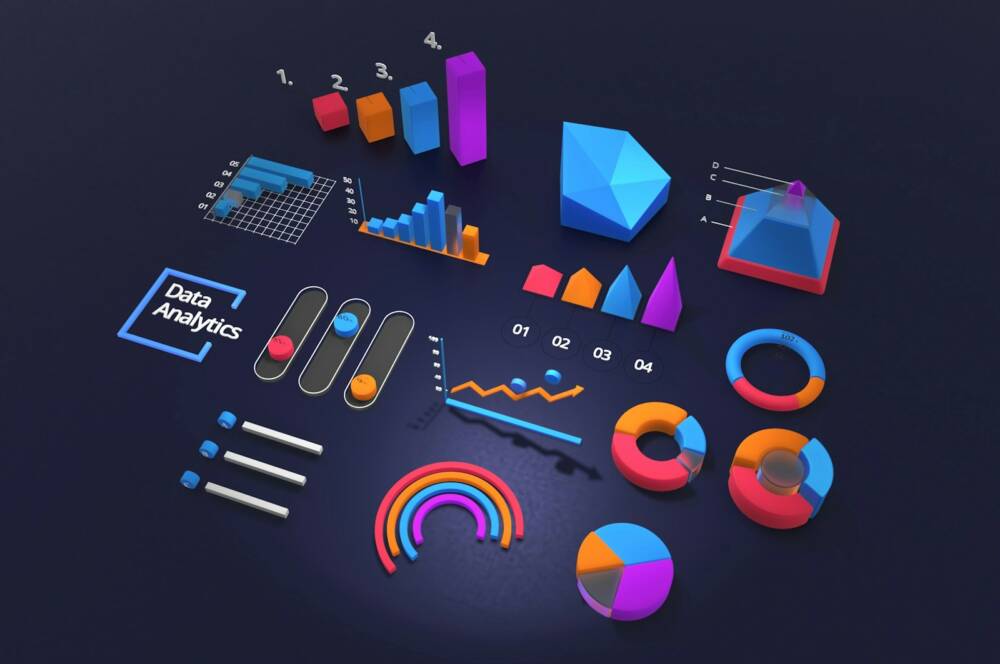It is not by chance that blockchain technology was initially proposed as a method to breathe new life into the banking sector. Developed as the operational backbone of Bitcoin during the 2008 global financial crisis, blockchain’s Distributed Ledger Technology (DLT) is a safe and secure way of data transfer and cataloguing.
Here comes the blockchain. Initially created to circumvent financial incumbents and render them obsolete by algorithmically transferring digital tokens of value around, it is now a potent new weapon for slashing many layers of trusted intermediaries. To put it simply, it is a distributed ledger technology that substitutes a plethora of siloed ledgers with a single shared ledger. Each network node has a copy of the complete ledger. When modifications are made, each copy is automatically updated, guaranteeing that network members do not have to match numerous databases with each other.
The blockchain was created primarily to power cryptocurrencies, notably bitcoin, but banks discovered that the mechanism in the background could be divorced from the currency-idea. As a result, they used it to improve the efficiency of dealing with fiat money. In another stage, banks have moved on to more centralized models than the original architecture of bitcoin, resulting in a semantic distinction: These centralized versions are becoming more popularly known as Distributed Ledger Technology (DLT). Given the proper technological setup, the blockchain offers two primary advantages: reduced costs and faster processing.
The underlying paper-logic, and occasionally physical manifestations of that logic, is the reason why the potential in banking is so great. As an example, consider trade finance. In many circumstances, bills of lading and letters of credit are still produced and delivered by mail or fax. Banks, in collaboration with technology and logistics firms, have piloted the use of blockchain, reducing the time of a financing from 10 days or more to four hours.
However, when banks move their operations to the digital realm, they are not doing it in a vacuum. Many sectors that have accomplished this transformation have been seized by powerful tech behemoths. Retail, music — the list of past incumbents groaning under Silicon Valley’s dominance is endless. Banking, on the other hand, is a different matter. Most elements of banking are off-limits, protected by the powerful banking license and many regulations.
When an individual invests in a firm, the terms and conditions are explicitly defined between the two parties. The unambiguous nature of the contract is advantageous because the blockchain can then enforce those rules using its network of computers to ensure that all contractual agreements have been met (i.e., the investor has enough money, they have invested in the appropriate number of shares, etc.) before the investment proceeds.
In this new competition to use blockchain to control payments, it is important noting that the much-feared fintechs are not the huge disruptors, but view collaboration as their primary goal. The opposite side applauds their cooperative spirit. Banks are investing in startups, establishing incubators, hosting hackathons, and establishing their own blockchain fintech firms, such as R3. Google has a partnership with Digital Asset and invests in firms like Ripple. Stellar and Facebook held negotiations. Amazon Web Services (AWS) infrastructure is available to all types of businesses to construct Blockchain-as-a-Service (BaaS) apps. The battle to stay ahead in the blockchain race is also waged through alliance formation.
Blockchain has the potential to be a major disruptor in the financial sector.
It is already feasible to identify where it may have an influence, spanning from payments to settlements, smart contracts, and e-identity. This takes time, experimentation, and focus. It is predicted that short-term targeted solutions would gradually evolve into more integrated and complicated use cases, demonstrating the value of this technology step by step.
MKTPlace is a leading digital and social media platform for traders and investors. MKTPlace offers premiere resources for trading and investing education, digital resources for personal finance, news about IoT, AI, Blockchain, Business, market analysis and education resources and guides.












